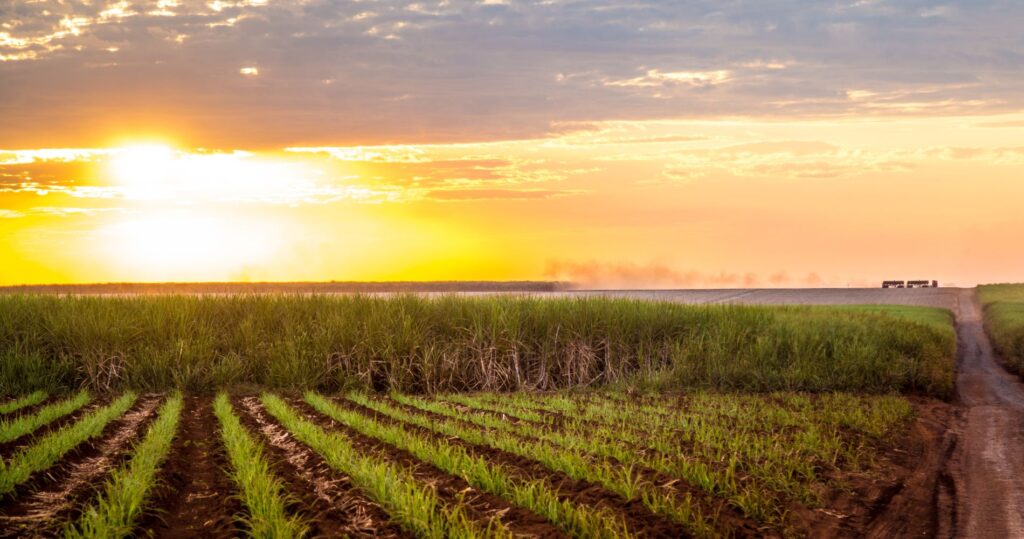While the world’s eyes turn to intermittent sources such as solar and wind power, Brazil holds within its fields and industries a sleeping giant, ready to awaken and lead the next phase of the global energy transition: biomass. With COP30 in Belém approaching, the country is in a unique position to showcase not only its potential but also a consolidated model of energy security rooted in one of its greatest strengths: agribusiness.
Bioelectricity is gaining momentum in Brazil, accounting for 9% of the country’s power supply, with sugarcane bagasse alone responsible for 75% of bioenergy generation. However, despite its massive potential, the sector still struggles with regulatory and market barriers that hinder its full expansion.
Urban solid waste management (USW) is an increasing challenge in Brazil, especially with population growth and accelerated urbanization. An effective solution to mitigate environmental impacts while simultaneously generating energy is waste-to-energy (WTE) recovery. However, Brazil is significantly behind in adopting this technology, particularly when compared to developed countries.
Thermoelectric plants play a crucial role in Brazil's energy matrix, especially in times of water crisis, when hydroelectric plants are compromised. Despite being a reliable source, these plants, which use fuels such as natural gas, coal and biomass, have a significant environmental impact, mainly due to greenhouse gas emissions. With the increase in demand for energy, thermoelectric plants are gaining ground in the energy scenario, but Brazil seeks to balance their use with the expansion of renewable sources, aiming for a more sustainable future.









